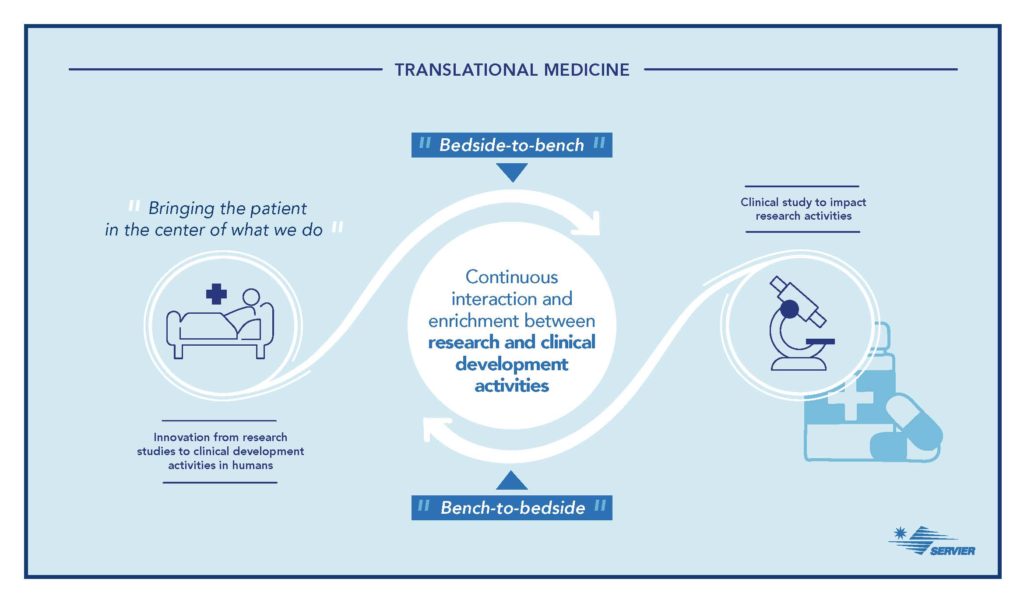Discover the groundbreaking research transforming healthcare from theory to practice, saving lives and creating a healthier future for all.
Table of Contents
Medical research and healthcare innovation go hand in hand, continually pushing the boundaries of what’s possible in modern medicine. The work being done in labs around the world is revolutionizing the way we prevent, diagnose, and treat various medical conditions. Through cutting-edge technology, advancements in genetics research, and the rise of precision medicine, healthcare is rapidly evolving to provide more personalized and effective care for patients.
Advances in Precision Medicine
One of the most significant developments in healthcare in recent years is the rise of precision medicine. This approach tailors medical treatment to the individual characteristics of each patient, considering factors like genetics, lifestyle, and environment. Thanks to precision medicine, healthcare professionals can now create more targeted and effective treatment plans for patients.
For example, a cancer patient may undergo genetic testing to determine the specific mutations driving their disease. Armed with this information, doctors can prescribe medications that target those mutations, leading to more successful outcomes and fewer side effects. Precision medicine is truly revolutionizing the way we think about and approach healthcare.
Cutting-Edge Technology in Healthcare
Technology continues to play a crucial role in advancing healthcare. From artificial intelligence to virtual reality, the integration of innovative technologies is transforming patient care. AI-powered tools can analyze vast amounts of medical data to identify trends and predict patient outcomes, while VR technology is being used to train healthcare professionals and provide immersive therapy experiences for patients.
Medical devices and applications are also pushing the boundaries of what’s possible in healthcare. Wearable devices that monitor vital signs in real-time, mobile apps that track medication adherence, and telehealth platforms that enable remote consultations are just a few examples of how technology is making healthcare more accessible and efficient.
Breakthroughs in Genetics Research
Genetics research is unlocking the secrets of our DNA and revolutionizing the way we understand and treat diseases. By studying the genetic makeup of individuals, researchers can pinpoint genetic factors that contribute to various conditions, leading to more targeted and personalized treatment approaches.

Image courtesy of servier.com via Google Images
For example, genetic studies have played a crucial role in the development of treatments for rare genetic disorders. By identifying the specific gene mutations responsible for these conditions, researchers can develop therapies that target the underlying cause of the disease. This targeted approach has the potential to dramatically improve outcomes for patients with genetic disorders.
Innovations in Chronic Disease Management
Maintaining optimal health is crucial for individuals living with chronic conditions like diabetes, heart disease, and asthma. Fortunately, new innovations in healthcare research are making it easier for patients to manage their conditions effectively. Digital health tools and remote monitoring systems allow patients to track their health in real-time and communicate with healthcare providers, leading to better disease management and improved quality of life.
For instance, individuals with diabetes can now use mobile apps to monitor their blood sugar levels, track their food intake, and receive personalized recommendations for managing their condition. These tools empower patients to take control of their health and make informed decisions about their care.
Future Trends in Healthcare Research
The future of healthcare research looks incredibly promising, with new technologies and approaches on the horizon. Gene editing technologies like CRISPR are opening up new possibilities for treating genetic disorders, while regenerative medicine holds the potential to repair damaged tissues and organs. These advancements have the potential to change the face of healthcare in the coming years.
As we look ahead, it’s clear that medical research and healthcare innovation will continue to transform how we prevent, diagnose, and treat diseases. NewsPeas.com is committed to keeping you informed about the latest breakthroughs in healthcare research, so stay tuned for more exciting developments that are changing lives and shaping the future of healthcare.
Generated by Texta.ai Blog Automation

